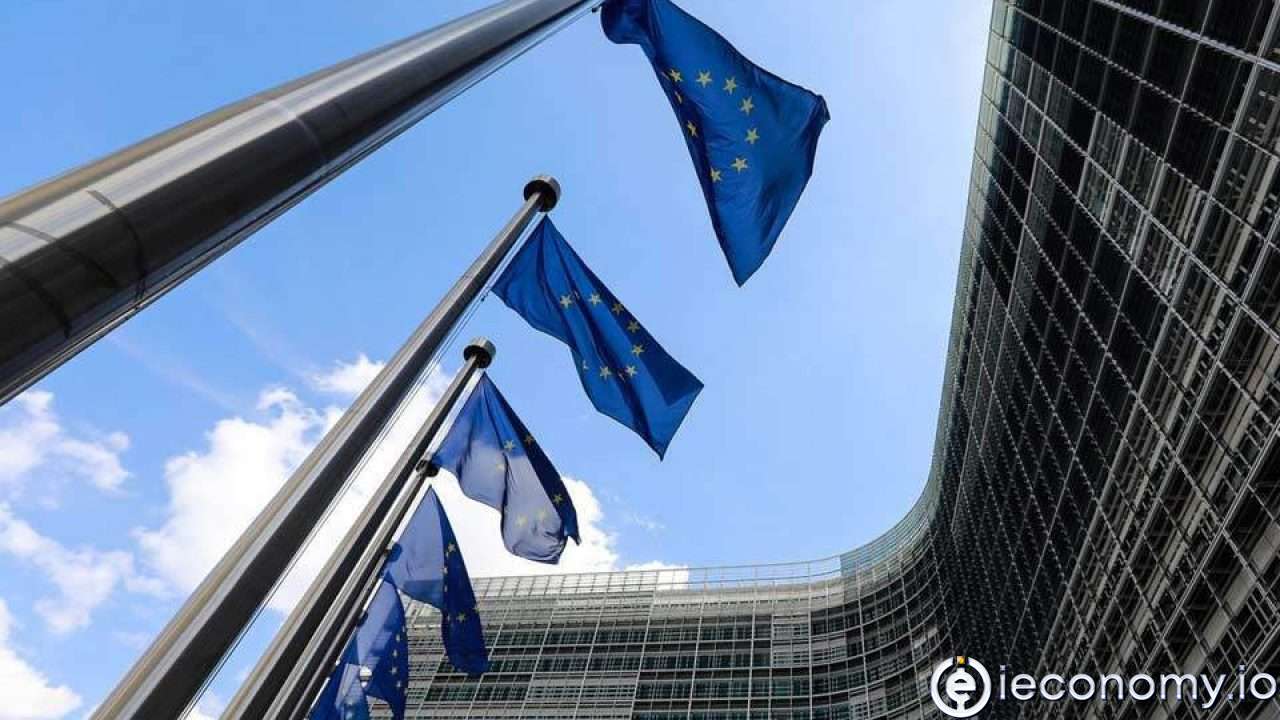3588
0
The EU Commission has significantly increased its GDP forecast
The EU Commission has significantly increased its GDP forecast. It expects GDP to grow by 4.3 percent in the entire euro area in 2021.

Yazar: Tom Roberts
Yayınlanma: 14 Mayıs 2021 03:41
Güncellenme: 12 Şubat 2026 00:57
The EU Commission has significantly increased its GDP forecast
The EU Commission has significantly increased its forecasts for economic growth in the euro area. As it announced in her spring forecast, it now expects gross domestic product (GDP) to grow by 4.3 percent in the entire euro area in 2021. The forecast in winter was 3.8 percent. For 2022, it even predicts GDP growth of 4.4 percent. There, too, the forecast was so far at 3.8 percent. The forecasts for the current year have also been raised for the three largest economies - Germany, France and Italy. "Growth rates will continue to vary, but all Member States should return to pre-crisis levels by the end of 2022," said the Commission. "Growth in the Eurozone is expected to accelerate as vaccination rates rise and restrictions are relaxed. This growth will be driven by private consumption, investment and increasing demand for EU exports from a strengthening global economy." The authority believes that the German economy will grow by 3.4 (previously: 3.2) percent this year. An increase of 4.1 (3.1) percent should then follow in 2022. For France, the GDP growth forecast for this year has been increased to 5.7 (5.5) percent. In 2022, growth should then amount to 4.2 (4.4) percent. The Commission expects the Italian economy to grow by 4.2 (3.4) percent this year and 4.4 (3.5) percent in the following year. According to the forecasts, inflation in the euro area will rise from 0.3 percent in 2020 to 1.7 (1.4) percent in the current year, before weakening again to 1.3 (1.3) percent in 2022. In Germany, inflation rose for the fourth month in a row. It was two percent in April. ECB director Isabel Schnabel even believes that an increase to three percent is possible in this country. "The risks to the outlook are high and will remain so as long as the shadow of the pandemic hangs over the economy," warned the agency. The forecast may underestimate households' propensity to spend or underestimate the desire of consumers to maintain a high level of retirement savings. Another factor of uncertainty is when the fiscal support will be withdrawn. If this is reduced too early, the recovery could be slowed down significantly.İLGİLİ HABERLER





European stocks soared and focus shifted to German retail sales after Powell's speech!

Forex Signal For TRY/USD: Inflation Slowdown in November.

Forex Signal For GBP/USD: Bullish Trend Still Not Breaking While Recovery Continues.

Forex Signal For EUR/USD: Starry US Data Points to Higher Fed Increases.

Forex Signal For BTC/USD: Downside Continues as Bitcoin Recovery Moves Less.
En Popüler Haberler
Yorum Yap
Yorumlar
Henüz yorum yapan yok! İlk yorumu siz yapın...